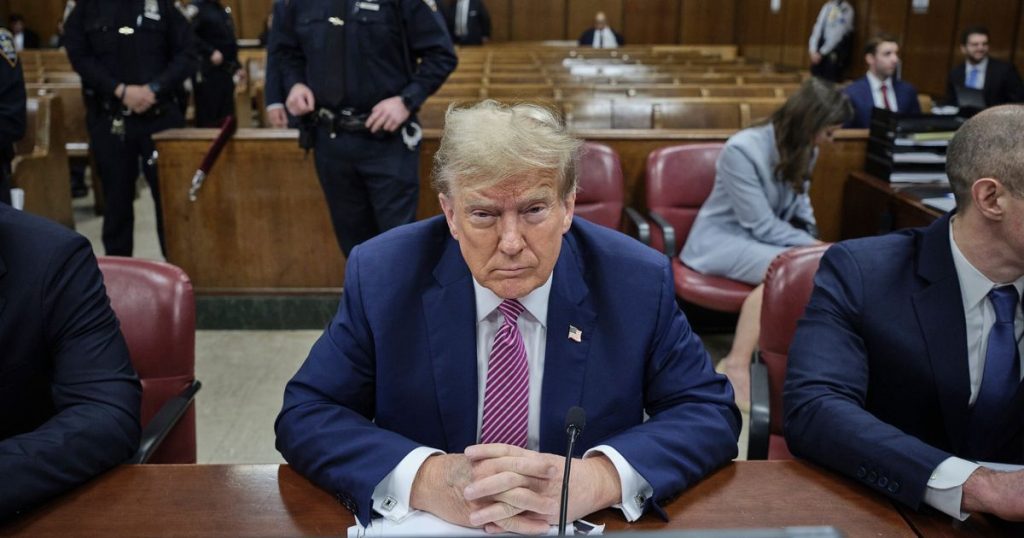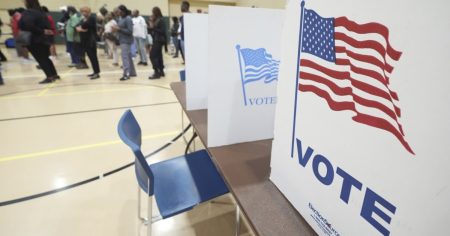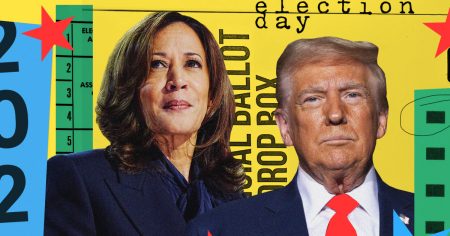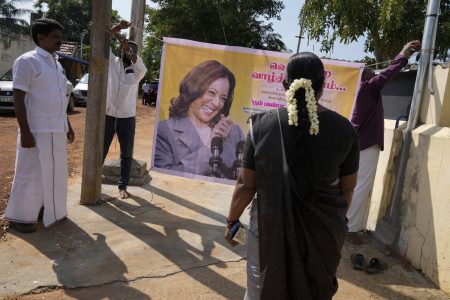Former President Donald Trump has been facing a dramatic departure from his usual lifestyle as he is forced to sit and listen to potential jurors in his criminal hush money trial in New York. Accustomed to adulation and cheering crowds, Trump is now subjected to strict rules and criticism as a criminal defendant. He now faces the possibility of felony convictions and prison time, a stark contrast to the sheltered and controlled environment he previously enjoyed at Mar-a-Lago. The trial includes witnesses such as his former lawyer Michael Cohen and porn actor Stormy Daniels, both of whom have publicly criticized him.
While Trump usually lives a life shielded from criticism, the trial has forced him to confront a reality where he cannot control the narrative or the opinions of others. His days are no longer filled with adoration, as he is now in a courtroom where he must listen to potential jurors share their unfiltered assessments of him. The trial restricts his ability to respond verbally, a mode of engagement that he typically relishes. His legal team must contend with potential jurors who have publicly mocked and criticized Trump on social media.
The jurors selected for the trial have varied opinions of Trump, ranging from admiration for his business success to criticism of his rhetoric and bias against certain groups. Some prospective jurors expressed concerns about the influence Trump has over his base and the negative impact of his public statements. Others admitted to evolving views or having no strong opinions about him. Despite the largely Democratic-leaning borough where the trial is taking place, there were surprising instances of support for Trump among potential jurors.
Judge Juan Manuel Merchan has taken precautions to ensure the safety and impartiality of the trial by withholding the names of potential jurors and dismissing those who cannot approach the case fairly. Trump is required to be present throughout the proceedings and is prohibited from attacking jurors under a gag order. Any disruptive behavior or intimidation of jurors could result in his removal from the courtroom. Trump’s demeanor and behavior during the trial will be closely monitored as he navigates this new and challenging environment.
The trial represents a significant departure from Trump’s previous lifestyle of constant adulation and control, as he is now faced with the possibility of legal consequences for his actions. His ability to control the narrative and the opinions of others has been severely curtailed, leading to a more confrontational and critical environment than he is accustomed to. The outcome of the trial remains uncertain, but it marks a significant shift in Trump’s public perception and legal standing, challenging his ability to navigate a world where he is not in complete control.














